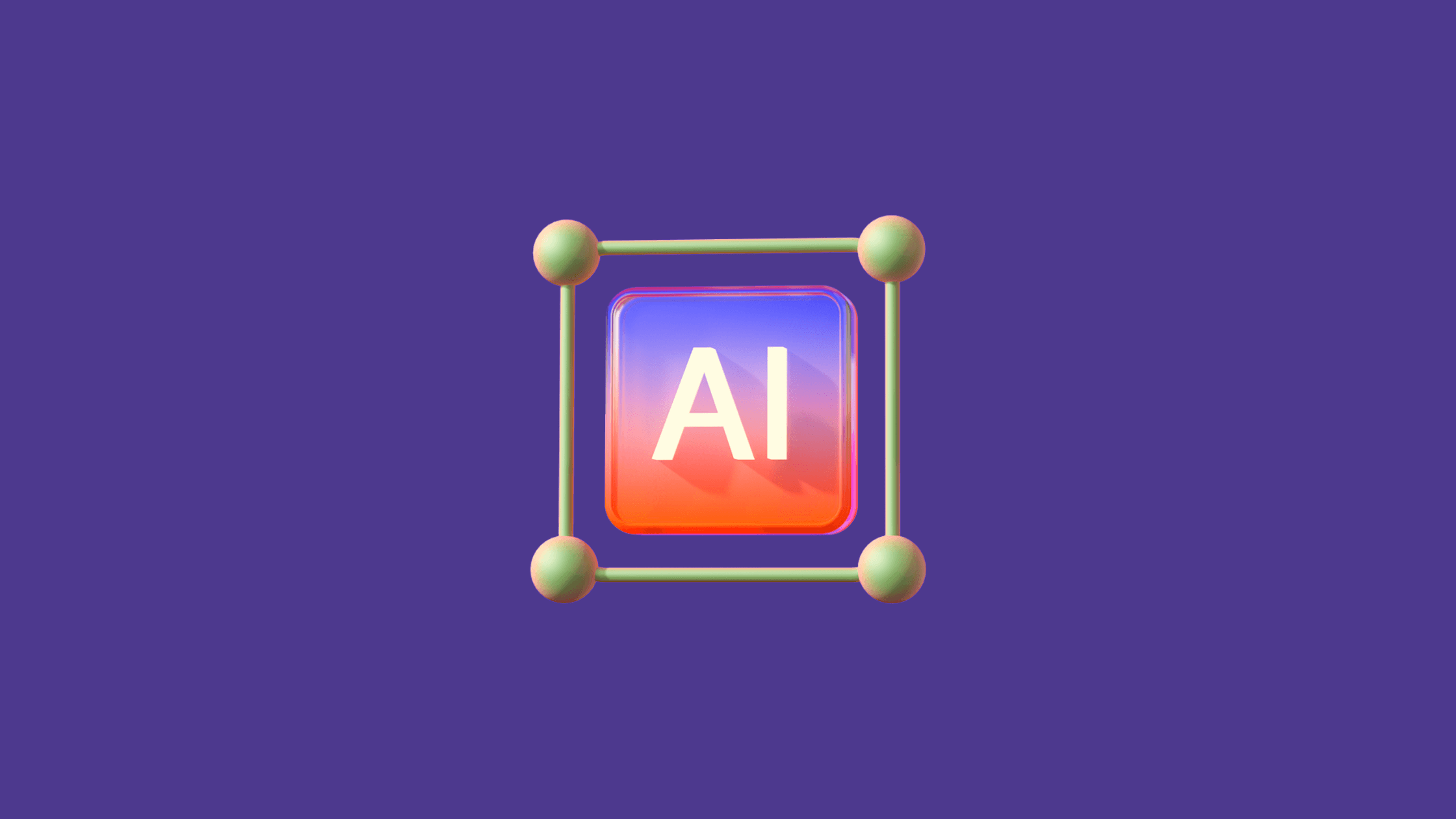- Tech Services

Concept Development
- Industry
- Emerging Tech
- Generative AI Hub
- Blog
- Contact Us

How voice assisted technologies can help senior living?
In Lets Nurture
16
Mar. 23652
VIEWSAs the population ages, more and more seniors are looking for ways to maintain their independence and stay connected with loved ones. One technology that has become increasingly popular in recent years is voice-assisted technology. These devices, like Amazon’s Alexa and Google Assistant, can help seniors with a wide range of tasks and provide a range of benefits to senior living.
One of the biggest advantages of voice-assisted technology is that it can help seniors with daily tasks that may be difficult or impossible for them to do on their own. For example, seniors can use voice-assisted devices to control their home’s lighting and temperature, make phone calls or send messages, and even order groceries or medication online. This can help seniors stay independent and maintain their daily routines without having to rely on others for assistance.
Another advantage of voice-assisted technology is that it can help seniors stay connected with loved ones. Many seniors struggle with feelings of isolation or loneliness, especially if they are no longer able to leave their homes regularly. With voice-assisted devices, seniors can make phone calls, send messages, and even video chat with friends and family members. This can help them stay connected and engaged with the world around them, even if they are physically isolated.
In addition to providing practical benefits, voice-assisted technology can also help seniors with cognitive challenges. For example, seniors with dementia or Alzheimer’s may struggle to remember important information, like their daily schedule or medication regimen. Voice-assisted devices can provide reminders and prompts to help seniors stay on track and remember important tasks. Additionally, many voice-assisted devices can answer questions and provide information on a wide range of topics, which can help seniors stay engaged and curious.
Of course, as with any technology, there are also potential downsides to voice-assisted devices. Some seniors may struggle with the learning curve involved in using these devices, and others may be uncomfortable with the idea of having an always-on microphone in their homes. Additionally, there are concerns about data privacy and security, especially as more and more personal information is shared through these devices.
Voice-assisted technology has the potential to be a powerful tool for seniors living in a variety of settings. By providing assistance with daily tasks, facilitating social connections, and even providing cognitive support, these devices can help seniors maintain their independence and improve their quality of life. With the right training and support, seniors can take advantage of these devices to stay connected, engaged, and informed in their golden years.
How AI can improve the life of seniors living in North America?
Artificial intelligence (AI) has the potential to revolutionize many aspects of modern life, and this is especially true in the field of senior living. As the population in North America continues to age, AI technologies can provide a range of benefits that can help seniors live longer, healthier, and more fulfilling lives.
One area where AI is already making a difference in senior living is in healthcare. AI-powered diagnostic tools can help doctors and caregivers identify health issues early on, allowing for earlier interventions and more effective treatments. For example, AI can be used to analyze medical images and detect signs of cancer or other diseases that might be missed by human doctors. AI can also help monitor seniors’ vital signs, alerting caregivers if there are any changes that might indicate a health problem.
Another area where AI can benefit seniors is in home automation. Many seniors prefer to age in place, or stay in their own homes as they grow older. AI-powered devices can help make this possible by automating many of the routine tasks that seniors may struggle with, such as turning lights on and off, adjusting the thermostat, or even locking doors. This can help seniors maintain their independence and improve their quality of life.
AI can also help seniors stay socially connected. As many seniors become more isolated and lonely, AI-powered communication tools can help them stay in touch with friends and family members. Chatbots and virtual assistants can provide companionship and support, while social media platforms and video conferencing tools can help seniors stay connected with loved ones who live far away.
Of course, there are also challenges to implementing AI in senior living. Many seniors may be hesitant to adopt new technologies, or may struggle with the learning curve involved in using them. Additionally, there are concerns about data privacy and security, especially as more personal information is shared through AI-powered devices.
10 use cases of open ai to assist senior living
OpenAI is a leading provider of advanced AI technologies, and there are many potential use cases for their technology in senior living. Here are 10 ways that OpenAI could be used to assist seniors:
- Personalized healthcare: OpenAI could be used to analyze medical data and provide personalized healthcare recommendations to seniors, helping them stay healthy and manage chronic conditions.
- Companion robots: OpenAI could be used to power companion robots that provide social interaction and support for seniors, helping to reduce loneliness and improve mental health.
- Home automation: OpenAI could be used to automate many of the routine tasks that seniors may struggle with, such as turning lights on and off, adjusting the thermostat, or even ordering groceries.
- Voice-powered assistants: OpenAI could be used to power voice-powered assistants that can help seniors with a wide range of tasks, from scheduling appointments to managing medication regimens.
- Virtual assistants: OpenAI could be used to develop virtual assistants that provide companionship and support for seniors, helping to reduce loneliness and improve mental health.
- Fall detection: OpenAI could be used to develop systems that detect when a senior has fallen and automatically alert caregivers or emergency services.
- Cognitive support: OpenAI could be used to develop tools that provide cognitive support for seniors with dementia or other cognitive challenges, helping them stay engaged and mentally stimulated.
- Fraud detection: OpenAI could be used to develop systems that detect and prevent financial fraud targeted at seniors, helping to protect them from scams and abuse.
- Remote monitoring: OpenAI could be used to monitor seniors remotely, providing caregivers with real-time information on their health status and helping to prevent hospital readmissions.
- Smart homes: OpenAI could be used to develop smart homes that adapt to the needs and preferences of seniors, providing a more comfortable and convenient living environment.
Overall, OpenAI has the potential to revolutionize senior living by providing advanced AI technologies that can improve healthcare, reduce loneliness, and enhance quality of life. As these technologies continue to develop, it will be important to ensure that they are used in a safe and ethical manner that meets the unique needs of seniors.
10 benefits of open aI to help senior living
OpenAI is a leading provider of advanced AI technologies that can have many benefits for senior living. Here are 10 ways that OpenAI can benefit seniors:
- Improved healthcare: OpenAI can help improve healthcare for seniors by providing personalized care plans based on their unique medical data and history.
- Enhanced communication: OpenAI-powered communication tools can help seniors stay connected with loved ones, even if they are unable to leave their homes.
- Increased safety: OpenAI can provide safety benefits for seniors through systems that monitor for falls, detect emergencies, and prevent fraud.
- Greater independence: OpenAI can help seniors maintain their independence by automating routine tasks and providing support for cognitive and physical challenges.
- Better mental health: OpenAI-powered companion robots and virtual assistants can help reduce loneliness and provide emotional support for seniors.
- More efficient home automation: OpenAI can automate many household tasks, such as turning lights on and off or adjusting the thermostat, making it easier for seniors to manage their homes.
- Improved transportation: OpenAI-powered transportation systems can help seniors get around more easily and efficiently, even if they are no longer able to drive.
- Enhanced entertainment: OpenAI can provide seniors with entertainment options that are tailored to their interests and preferences.
- Advanced monitoring: OpenAI can provide advanced monitoring of seniors’ health, alerting caregivers to any changes in their condition and providing real-time data for doctors and nurses.
- Increased social engagement: OpenAI can help seniors stay socially engaged by providing tools for virtual social interaction and connection with others.
Overall, OpenAI has the potential to provide many benefits for seniors living in North America, from improved healthcare and safety to enhanced communication and social engagement. As these technologies continue to develop, it will be important to ensure that they are used in a way that is safe, ethical, and meets the unique needs of seniors.
5 example of openai solutions which helped improving life of senior living
Here are 5 examples of OpenAI solutions that have helped improve the lives of seniors living in North America:
- CarePredict: CarePredict is an OpenAI-powered wearable device that uses machine learning to track the daily activities and routines of seniors. It can help detect changes in behavior that may indicate a decline in health or an increased risk of falls, allowing caregivers to intervene before a serious problem occurs.
- ElliQ: ElliQ is an OpenAI-powered companion robot designed specifically for seniors. It provides social interaction and emotional support, helps seniors manage their medication regimens, and can even offer suggestions for activities and events in the local area.
- Amazon Echo: The Amazon Echo is an OpenAI-powered smart speaker that can be used to automate many routine tasks in the home, such as turning lights on and off, adjusting the thermostat, and ordering groceries. It can also be used to play music, listen to audiobooks, and make phone calls, helping seniors stay connected with loved ones.
- HomeEXCEPT: HomeEXCEPT is an OpenAI-powered monitoring system that uses machine learning to detect and alert caregivers to potential safety hazards in the home, such as a stove left on or a door left open. It can also provide real-time data on seniors’ movements and routines, helping caregivers to better understand their needs and preferences.
- GrandCare Systems: GrandCare Systems is an OpenAI-powered platform that provides a range of tools for remote monitoring and communication with seniors. It includes features such as medication reminders, video conferencing, and fall detection, helping to keep seniors safe, healthy, and socially engaged.
These are just a few examples of the many OpenAI solutions that have helped improve the lives of seniors living in North America. As these technologies continue to evolve and become more widely adopted, we can expect to see even more innovative solutions that help seniors live more independently, safely, and with a greater quality of life.




